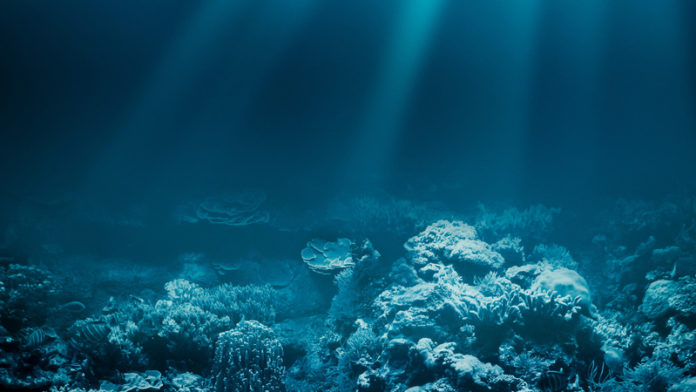
A NEWLY ratified treaty protecting marine life is expected to strengthen opposition to deep-sea mining ahead of this week’s UN climate summit in New York, said the Financial Times in a report on Sunday.
The High Seas treaty will become international law in January after reaching the threshold of 60 ratifications on Friday, with Morocco joining the list of signatory countries.
The global agreement emphasises a “precautionary” approach to human activities on the seabed and in international waters, whilst aiming to create protected areas covering almost one-third of the world’s seas outside national boundaries.
Around 38 countries have called for more research before mining can proceed, citing concerns it could harm little-studied fauna and flora adapted to survive thousands of metres below the surface.
The treaty comes as President Donald Trump’s administration outlined plans to allocate licences for private companies to mine critical minerals in international waters, even without permission from UN-backed regulators, said the Financial Times.
Monica Medina, a fellow at Conservation International and former US assistant secretary of state for oceans, told the newspaper that the “increasing threats” of deep-sea mining, overfishing, climate change and pollution made the treaty’s implementation particularly timely.
France, the only G7 country to have ratified the agreement, is spearheading a coalition of “ocean pioneer” states that have both ratified the treaty and oppose deep-sea mining.
President Emmanuel Macron has emerged as one of the strongest international voices calling for a commercial mining moratorium.
More countries are expected to ratify the treaty at this week’s New York summit coinciding with the leaders’ general assembly.
Duncan Currie, an international lawyer who attended years-long negotiations, called ratification a “triumph of multilateralism in an increasingly complex world order”.
The treaty calls for cooperation with the Jamaica-based International Seabed Authority, which has yet to approve mining in international waters.









